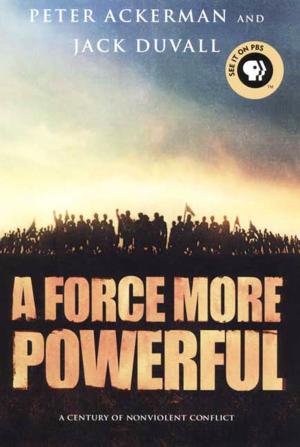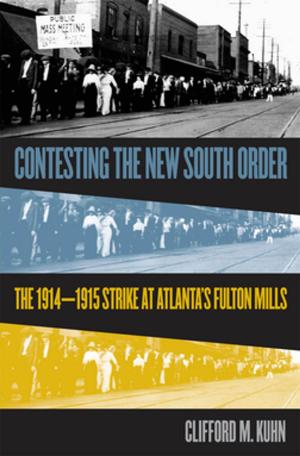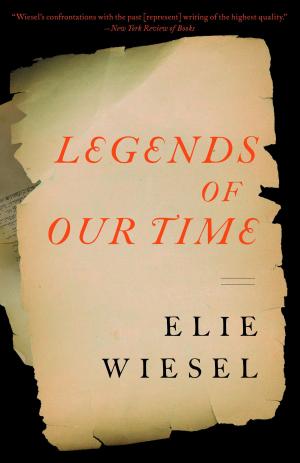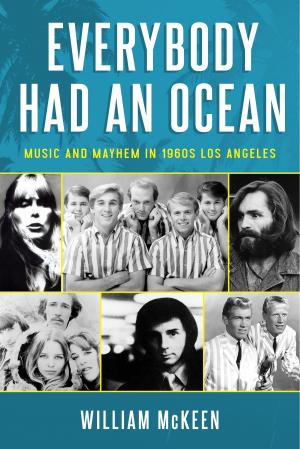Twelve Inventors Who Changed the World
Biography & Memoir, Reference, Nonfiction, History, Modern, 20th Century| Author: | Kevin Roe | ISBN: | 9781476102184 |
| Publisher: | Kevin Roe | Publication: | August 24, 2012 |
| Imprint: | Smashwords Edition | Language: | English |
| Author: | Kevin Roe |
| ISBN: | 9781476102184 |
| Publisher: | Kevin Roe |
| Publication: | August 24, 2012 |
| Imprint: | Smashwords Edition |
| Language: | English |
In reality, can a single individual completely change and revolutionize the entire world and make it a much better place? Yes! A single individual most certainly Can change the world! This book includes absolutely incredible and yet virtually unknown stories about twelve of the most fascinating inventors in history.
The entire technology of the world today is still based on the work of a small number of inventors, some of whom are known, and some of whom are almost totally unknown. For example, virtually all of the electrical power technology in the entire world is still based (even now, more than a hundred years later!) on the inventions on Nikola Tesla, and all the communications technology and electronics in the world is still based on the inventions of Edwin Armstrong and Philo Farnsworth.
And all the liquid fuel rocket technology in the world, which is absolutely essential for space travel, still incorporates the inventions of Robert Goddard. And as this book explains, even the German V1 and V2 rockets would not have been possible without his inventions! In fact, essentially 100% of the technology in the V1 and V2 rockets of WWII was copied lock, stock, and barrel from Robert Goddard's U.S. patents and his letters by Nazi espionage.
Can inventors be totally fearless and practical as well as clever? Charles "Swede" Momsen certainly was! The most amazing aspects of his invention development required courage and quick thinking that are astounding. He conducted the first successful deep-sea rescue of a submarine crew against incredible difficulties.
Can an inventor revolutionize the education of the disabled and even surpass Leonardo Da Vinci in his inventive scope? Alexander Graham Bell accomplished Far, Far more than just the invention of the telephone. The unknown stories of what he invented are actually far much more impressive and more interesting.
Can a single inventor feed the world with new types of food crops? Among 100's of other plants varieties he developed, Luther Burbank developed a potato that is still the most common type of potato grown throughout the world today.
Can a single inventor revolutionize agriculture and crop utilization on poor soils? Despite great obstacles, George Washington Carver did just that.
Can inventors with only a high school education solve no less than Six fundamental aviation problems that had baffled the entire human race for 2,000 years? The Wright Brothers accomplished all of that in only a couple of years and completely stunned the entire world. School history books don't even begin to tell the juicy parts of their story and the real reasons for their success.
Can an inventor with virtually no formal schooling astound the world by the number of his inventions? Thomas Edison certainly did, and yet most of what he invented is virtually unknown and unappreciated.
Can an inventor in his spare time create an entire country and a political system to last centuries and still show absolutely hilariously funny humor? Benjamin Franklin accomplished all of this and revolutionized the human view of natural phenomena.
This book will tell you the truly amazing, but little known, stories of these inventors, and provide several practical insights into the fundamental reasons for their success.
In reality, can a single individual completely change and revolutionize the entire world and make it a much better place? Yes! A single individual most certainly Can change the world! This book includes absolutely incredible and yet virtually unknown stories about twelve of the most fascinating inventors in history.
The entire technology of the world today is still based on the work of a small number of inventors, some of whom are known, and some of whom are almost totally unknown. For example, virtually all of the electrical power technology in the entire world is still based (even now, more than a hundred years later!) on the inventions on Nikola Tesla, and all the communications technology and electronics in the world is still based on the inventions of Edwin Armstrong and Philo Farnsworth.
And all the liquid fuel rocket technology in the world, which is absolutely essential for space travel, still incorporates the inventions of Robert Goddard. And as this book explains, even the German V1 and V2 rockets would not have been possible without his inventions! In fact, essentially 100% of the technology in the V1 and V2 rockets of WWII was copied lock, stock, and barrel from Robert Goddard's U.S. patents and his letters by Nazi espionage.
Can inventors be totally fearless and practical as well as clever? Charles "Swede" Momsen certainly was! The most amazing aspects of his invention development required courage and quick thinking that are astounding. He conducted the first successful deep-sea rescue of a submarine crew against incredible difficulties.
Can an inventor revolutionize the education of the disabled and even surpass Leonardo Da Vinci in his inventive scope? Alexander Graham Bell accomplished Far, Far more than just the invention of the telephone. The unknown stories of what he invented are actually far much more impressive and more interesting.
Can a single inventor feed the world with new types of food crops? Among 100's of other plants varieties he developed, Luther Burbank developed a potato that is still the most common type of potato grown throughout the world today.
Can a single inventor revolutionize agriculture and crop utilization on poor soils? Despite great obstacles, George Washington Carver did just that.
Can inventors with only a high school education solve no less than Six fundamental aviation problems that had baffled the entire human race for 2,000 years? The Wright Brothers accomplished all of that in only a couple of years and completely stunned the entire world. School history books don't even begin to tell the juicy parts of their story and the real reasons for their success.
Can an inventor with virtually no formal schooling astound the world by the number of his inventions? Thomas Edison certainly did, and yet most of what he invented is virtually unknown and unappreciated.
Can an inventor in his spare time create an entire country and a political system to last centuries and still show absolutely hilariously funny humor? Benjamin Franklin accomplished all of this and revolutionized the human view of natural phenomena.
This book will tell you the truly amazing, but little known, stories of these inventors, and provide several practical insights into the fundamental reasons for their success.















